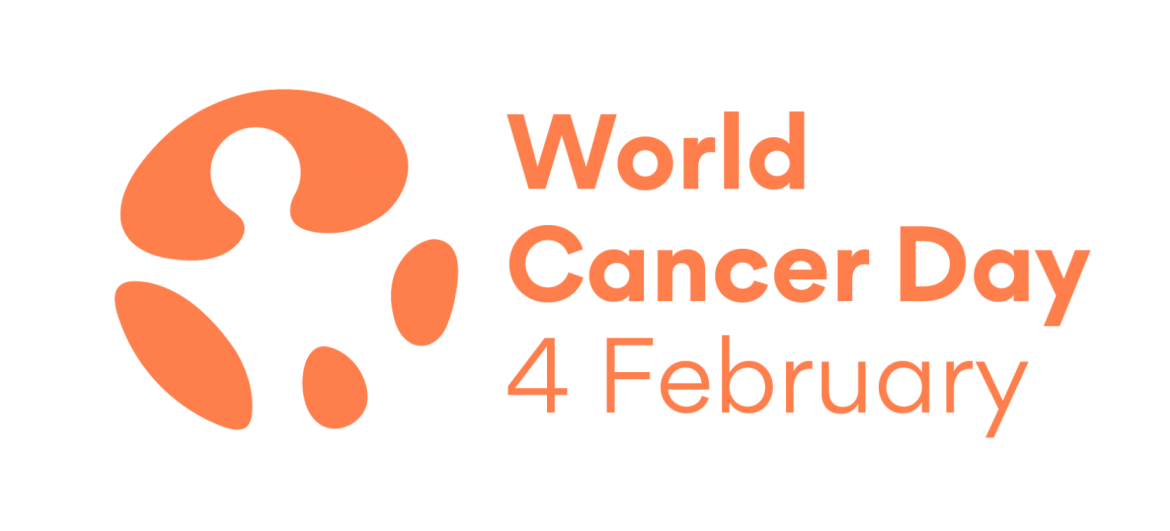Quis autem velum iure reprehe nderit. Lorem ipsum dolor sit nulla or narjusto laoreet onse ctetur adipisci.
Quis autem velum iure reprehe nderit. Lorem ipsum dolor sit nulla or narjusto laoreet onse ctetur adipisci.

World Cancer Day
Accra – Ghana, 4 February, 2019 – Non-Communicable Diseases (NCDs) including cancer are the biggest cause of death worldwide. According to the World Health Organization (WHO), cancer alone is the second leading cause of death globally, and is responsible for an estimated 9.6 million deaths in 2018.
Approximately 70% of deaths from cancer occur in low- and middle-income countries including Ghana, a phenomenon that may derail the attainment of Goal 3 of the Sustainable Development Goals (SDGs) if unchecked.
World Cancer Day is celebrated each year on 4 February to rally the international community to scale-up in efforts on meeting the 2025 global target to reduce the burden of cancer. The day is also used to raise awareness of cancer and to encourage its prevention, detection, and treatment.
As a Ghanaian non-governmental organization with keen interest in issues affecting women, children and young people, we want to draw government’s attention to one major cancer, cervical cancer which is the second most common cancer in women living in Ghana.
According to the Information Centre on HPV and Cancer (HPV Information Centre), about 3,151 new cervical cancer cases are diagnosed annually in Ghana (estimates for 2018). Similarly, the annual number of cervical cancer deaths in Ghana is also 2,119, with about 9.0 million Ghanaian women at risk.
Though studies have shown that early screening for cervical cancer is key to save thousands of lives, there are many women, specifically from rural, and lower-socioeconomic populations who are being left behind.
As the world marks World cancer Day on the theme “I am, I will’’ we also want more energies and investments to be channeled to cervical cancer prevention and control initiatives to reduce the cervical cancer mortality amongst women in Ghana.
We also call for multi-sectorial commitment and collaborations to ensure the availability of affordable basic technologies and essential medicines, required to control all forms of cancers.
HFFG also calls on the Government of Ghana to ensure sustainable programs are put in place to promote the vaccination of girls against cervical cancer.
Additionally, we encourage Ghanaian women including adolescent girls to regularly screen for signs of cervical cancer to avert late-stage presentation of cervical cancer.
We again call on Ghanaian men to encourage their partners to go for regular cervical cancer screening at designated health facilities.
About HFFG
Hope for Future Generations (HFFG) is a children, youth and women-focused non-governmental organisation. Since its inception in 2001, HFFG has continuously worked to reach urban, rural and under-served communities through its interventions, with the aim of enabling members of these communities to be adequately informed and empowered to enable them take critical decisions that will improve their quality of life. HFFG seeks to provide equal opportunities in all our interventions for these target groups. To this end, HFFG has over the last 17 years, ensured gender mainstreaming and meaningful participation of women, children and young people, as well as marginalised and under-represented groups in all our programming.
For more information, please contact
Cecilia Senoo, Executive Director, Hope for Future Generations Whatsapp | 0244457231 Phone | 0303971435 E-mail | csenoo@hffg.org
Or
Adjoa Lartey, Project Officer in-charge of Cervical Cancer Screening
Whatsapp -0552587954, email: alartey@hffg.org.
